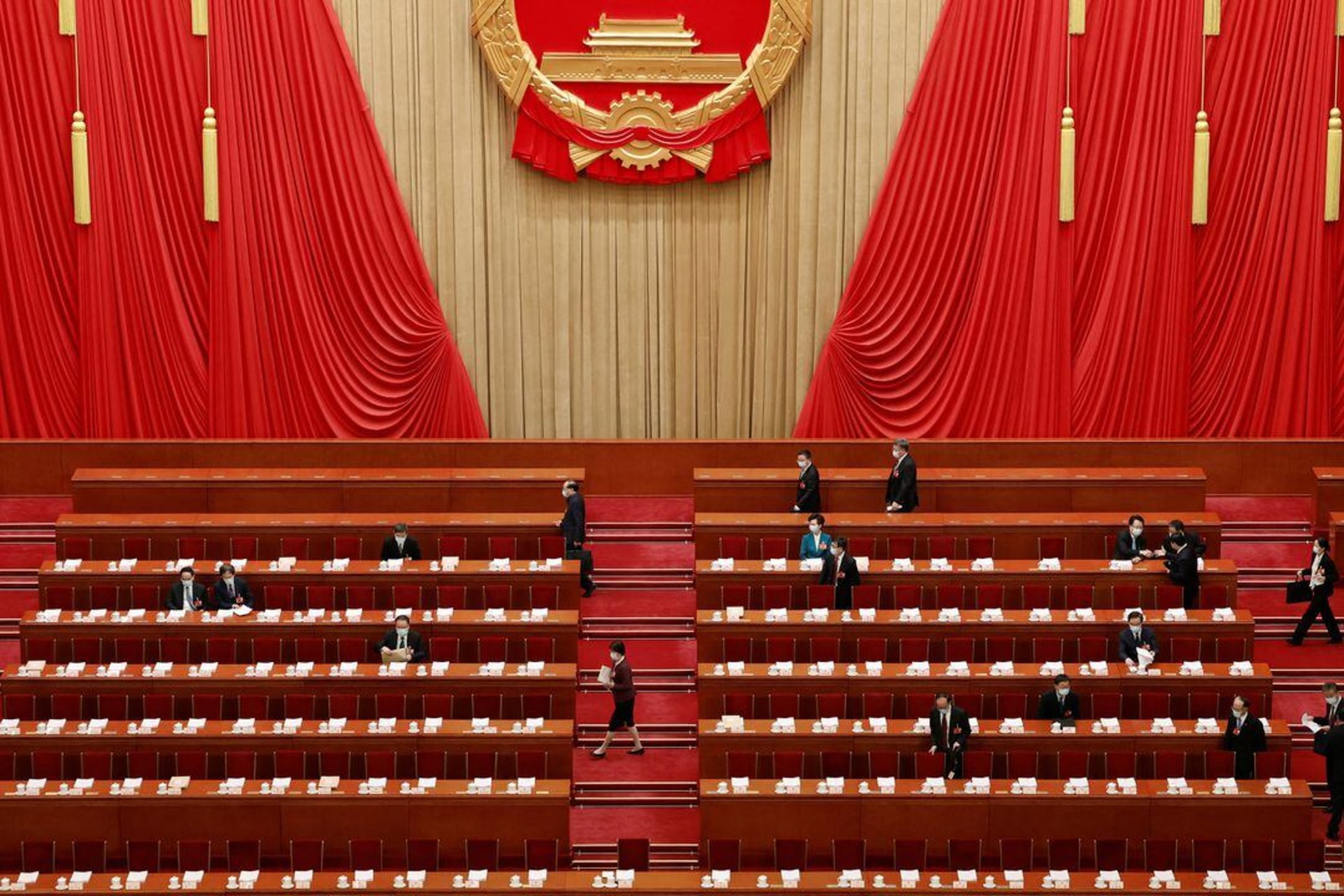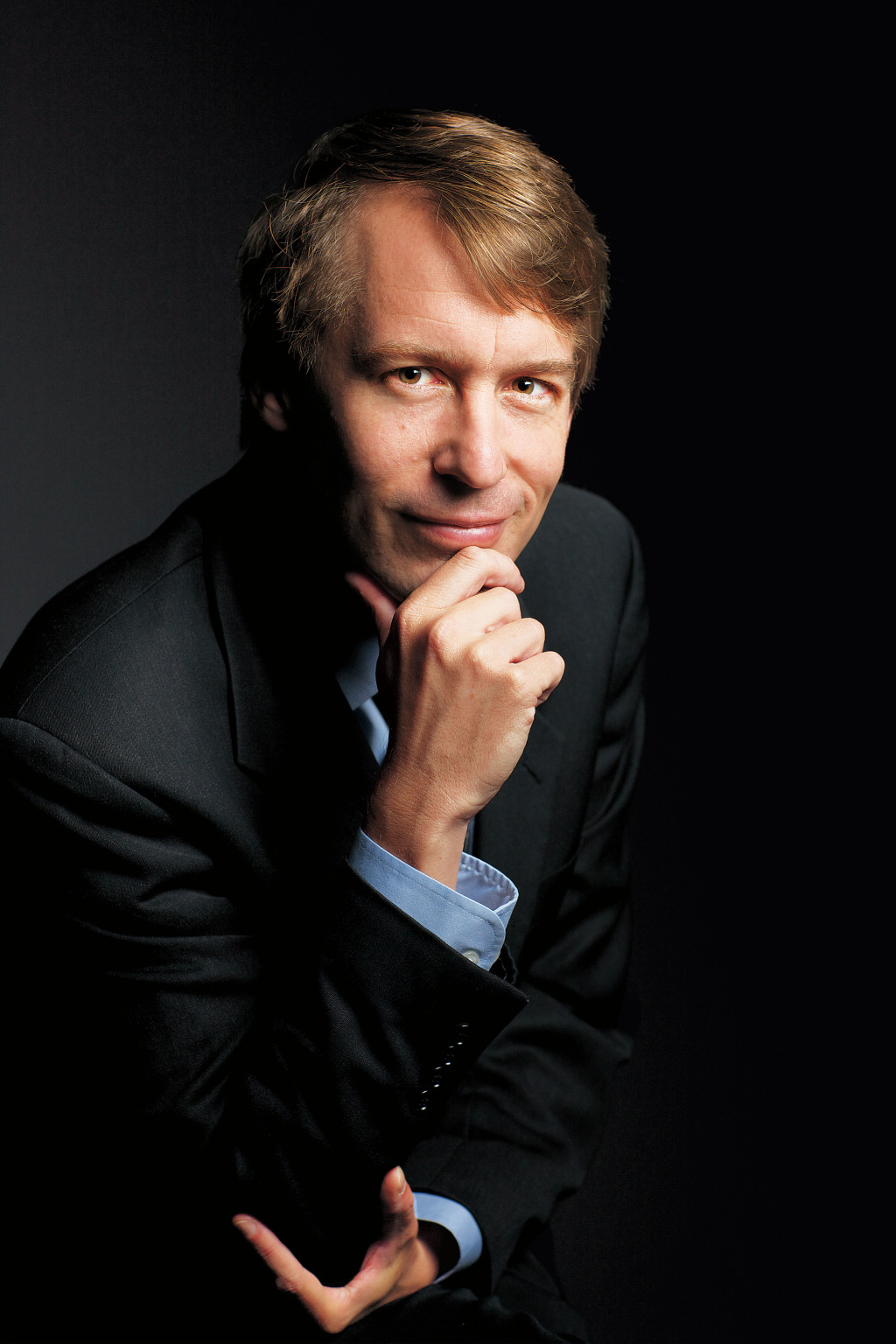Delay in China’s Annual Fall Party Plenum Meeting: A Sign of Deepening Institutional Erosion?
Failure to designate a date for an important upcoming Chinese Communist Party event suggests China’s reform-era political institutions and practices may be eroding yet further under Xi Jinping’s increasingly personalized rule.

China’s Politburo concluded its monthly meeting on Monday with no mention of a date for the third plenum of the 20th Central Committee. Failure to designate a date for this key Party event suggests China’s reform-era political institutions and practices may be eroding yet further under Xi Jinping’s increasingly personalized rule.
Since the 1990s, Party Congresses (held every five years) and plenums (held annually) have followed in utterly predictable fashion, with Party leaders trooping into Beijing to pledge fealty to top leaders, listen to their speeches, pose for photos, and receive and review central Party documents setting out core policies. Such practices marked a partial institutionalization of one-Party rule in China’s reform era, particularly in comparison with the chaotic decades of Maoist rule, in which such events were held intermittently, if at all (over a decade passed between the 8th Party Congress in the late 1950s and the 9th in 1969).
Indeed, with only one exception, the Chinese Communist Party has held a plenum meeting of its Central Committee every autumn since the 1990s. The sole recent exception occurred in 2018, when the third plenum of the 19th Central Committee was advanced to February of that year—rather than the fall—as part of the process of amending the PRC constitution to eliminate term limits and pave the way for Xi to serve on as China’s state president for a third term (in addition to his far more important roles as general Party secretary and head of the military).
It remains at least technically conceivable that Party authorities could somehow manage to hold a plenum meeting in December, although the usual advance notice required for such sessions would seem to rule such a possibility out. And even if Beijing manages to pull that off, it would mark only the first time since 1990 that a plenum session has been scheduled so late in the year.
It is unclear why Party authorities have delayed the scheduling of the third plenum. As one analyst has noted, third plenums often set out national development and reform agendas, and given that China’s current economic picture looks bleak, and Xi may be seeking to align any plenum focused on economic policy with the 15th five-year plan, set to be rolled out in 2025.
But even if the delay is merely a tactical one—pushing a core national Party meeting off to a more convenient political date for Xi months or years in the future, it is an ominous sign for the overall trajectory of Chinese politics. As deadening and turgid as they may be, China’s regular Party Congresses and plenums are artifacts of an era in which Party political power in China has been exercised in a somewhat more regularized manner. If even their scheduling is steadily coming undone under Xi’s pivot back towards one-man rule, China’s politics could be poised to become far less predictable.
